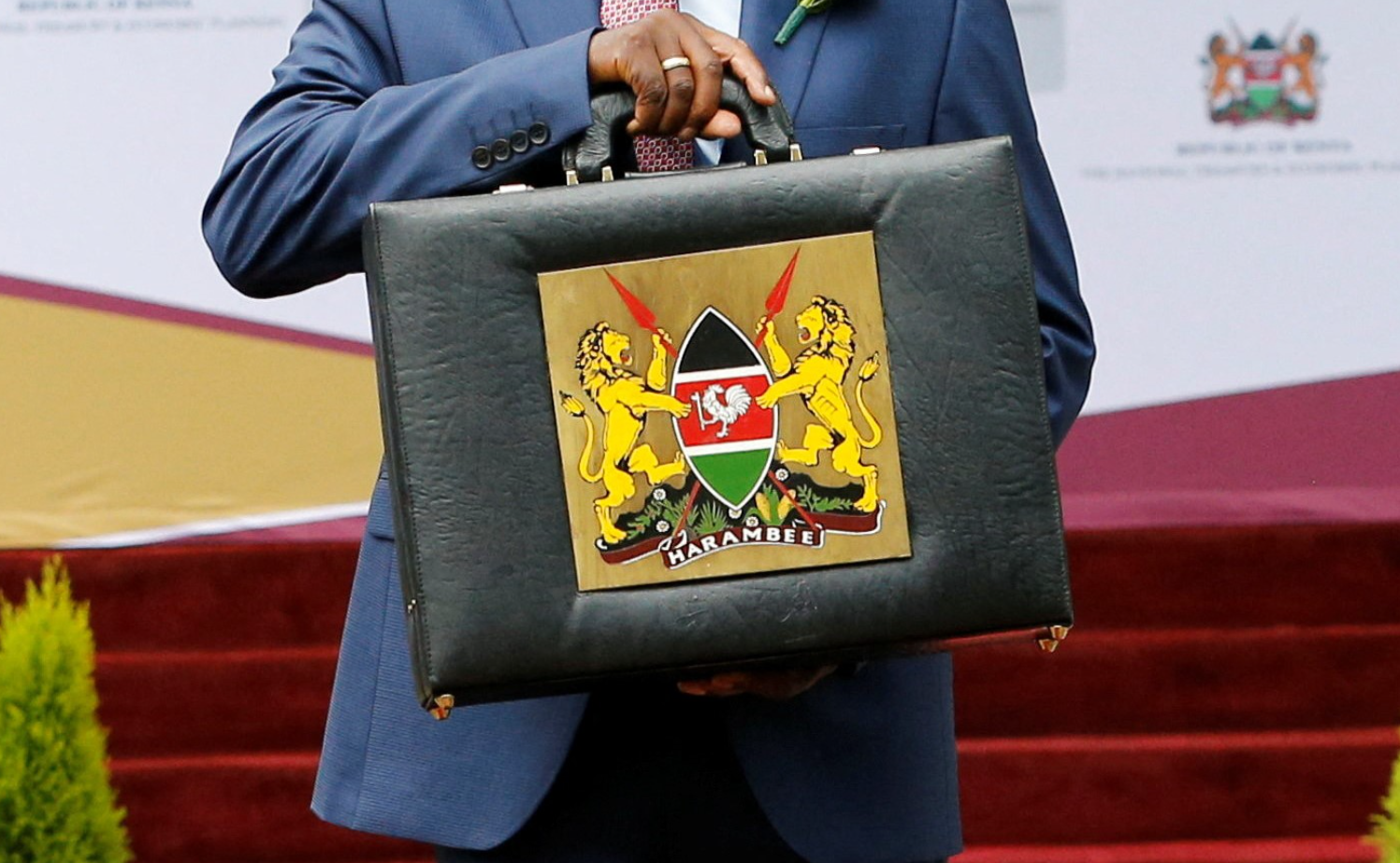Work ethics are the thread that defines a person’s character at the workplace and weaves the fabric of success in every professional life.
A set of values, principles, and behaviors that ought to direct all Kenyan workers toward excellence, integrity, and professionalism in their work-related endeavors are summed up as good work ethics.
For every employee in Kenya to succeed in their careers and make a significant contribution to their employers, we examine the spirit of good work ethics and outline the essential values that they should uphold in this article.
Punctuality and Reliability
Being punctual is essential to having a strong work ethic because it shows that one values one’s time and is dedicated to their tasks. Being punctual for work, appointments, and due dates exhibits dependability and responsibility.
That creates a strong basis for reliability and trust in the workplace. A worker who keeps their word and follow through on assignments builds a solid reputation for dependability, which boosts their credibility in the workplace.
Professionalism
Professionalism encompasses a range of attributes, including honesty, integrity, and ethical conduct.
All these attributes underpin a culture of trust and respect at work. An Employee who upholds the highest standards of professionalism will exhibit integrity in his or her actions and adhere to the ethical principles that demonstrate respect for colleagues, clients, and stakeholders.
A good employee should avoid conflicts of interest, and adhere to the organizational policies and procedures of his employer.
At the end of the day, such an employee will be in a position to safeguard the reputation and integrity of their organizations while earning the trust and respect of their peers.

A man loading boxes in a van
Diligence and Perseverance
The characteristics of excellence are diligence and perseverance, which inspire workers to pursue their objectives with zeal, tenacity, and determination.
A good worker should put their all into the tasks they are given, show a dedication to excellence, and be prepared to go above and beyond to succeed.
A committed worker will exhibit the spirit of tenacity to foster creativity, resilience, and success at work—whether taking on difficult tasks, conquering challenges, or aiming for constant improvement.
Teamwork and Collaboration
Collaboration lies at the heart of organizational success as it enables employees to leverage their collective talents, skills, and perspectives to achieve shared objectives. Embracing teamwork involves fostering open communication, mutual respect, and cooperation among team members.
This helps transcend individual egos and foster a culture of inclusivity and synergy. Effective collaboration with colleagues, sharing knowledge and resources, and supporting each other’s growth and development help both the company and the employees.
Therefore, a good employee, regardless of the model or industry of the company, should harness the power of collaboration to drive innovation, creativity, and collective achievement.

Employes working together
Adaptability and Flexibility
Flexibility and adaptation are critical qualities in today’s dynamic, fast-paced workplace that help people flourish in the face of uncertainty and change.
Because it enables workers to handle changing priorities and advancing technologies, a credible employee should be able to accept change with a positive attitude, agility, and resilience. A good worker values lifelong learning and develops a growth mindset. This supports the person in seizing fresh chances for personal development.
Accountability and Ownership
Accountability is the hallmark of responsible leadership, empowering employees to take ownership of their actions, decisions, and outcomes.
A person who accepts responsibility for his or her performance, honors commitments, and holds himself or herself to high standards of excellence is a good candidate.
Accountable employees cultivate a culture of trust, transparency, and accountability at the workplace. That is employers hire people who can take ownership of their successes and failures, learn from mistakes, and strive for continuous improvement.
Respect and Empathy
In any workplace, a culture of inclusion, understanding, and cooperation is fostered by respect and empathy, which are the cornerstones of healthy relationships and productive communication. A person who is kind, compassionate, and respectful to others fosters a welcoming and inclusive work atmosphere where differences are celebrated and a range of viewpoints are respected.
Active listening, respecting different points of view, and demonstrating empathy for the experiences and viewpoints of one’s coworkers are all traits of a good employee. A courteous worker promotes a climate of cooperation, mutual respect, and trust that raises spirits, output, and engagement.

Two employes working a project
Efficiency and Time Management
Efficiency and time management are essential skills that enable employees to optimize their productivity, prioritize tasks, and meet deadlines effectively.
A qualified candidate should be one who can set clear goals, organize his or her workload, and manage time efficiently. An employee should be able to maximize his or her output while minimizing wasted time and resources.
The individual should be able to leverage various tools and techniques for time management, such as prioritization, delegation, and task batching. An efficient employee enhances his or her effectiveness and productivity, enabling him or her to achieve unachievable goals with greater ease and efficiency.
Continuous Learning and Training
The foundation of both personal and professional development is lifelong learning, which gives workers the ability to pick up new skills, stay on top of industry trends, and advance in their careers.
The person must be able to adopt a growth mindset, actively seek out chances for education and training, and make investments in their own abilities. In a world that is changing quickly, good workers position themselves for success by remaining inquisitive, receptive to new ideas, and proactive in their professional growth.
To succeed in their careers and contribute significantly to their organizations, lifelong learners develop a mindset of continuous improvement.

Employees in the office
Work-Life Balance and Well-being
Work-life balance is essential for employees to maintain their physical, mental, and emotional well-being to sustain their productivity and effectiveness in the long run. Employees who prioritize self-care, set boundaries, and allocate time for relaxation, recreation, and personal pursuits are often very productive.
Employees should take off time to recharge their batteries, reduce stress, and foster a sense of fulfillment and satisfaction in their lives.
Organizations that promote work-life balance and well-being initiatives amongst their employees boost staff morale, engagement, and employee retention. So, as an organization, if an employee deserves to grow with him or her by supporting the journey.
Wrap Up
Good work ethics form the bedrock of professional success and personal fulfillment. They guide employees toward excellence, integrity, and professionalism in their endeavors.
An employee who embraces the principles of punctuality, professionalism, diligence, teamwork, adaptability, accountability, respect, efficiency, continuous learning, and work-life balance makes his or her employer happy. In return, a happy employer will always make his or her employees happy, as well.













